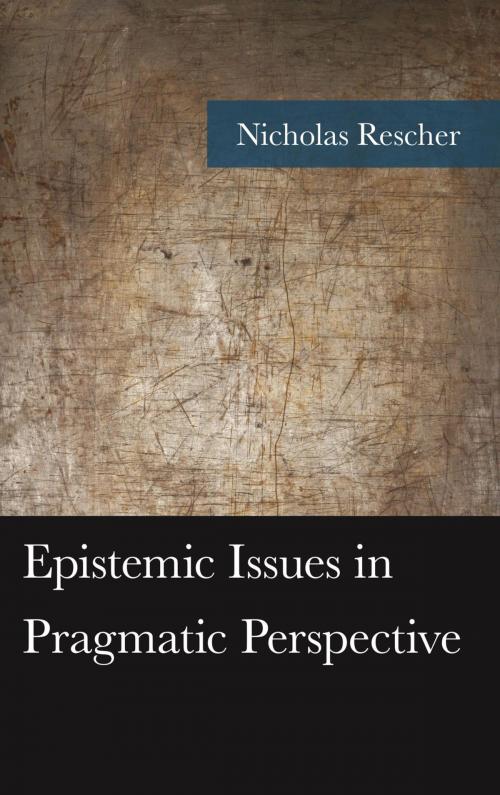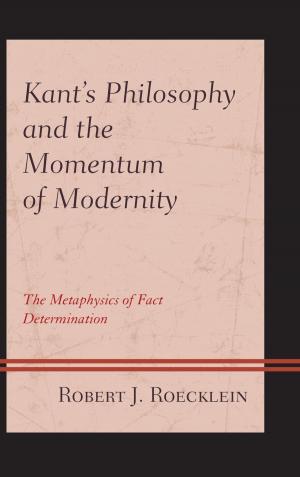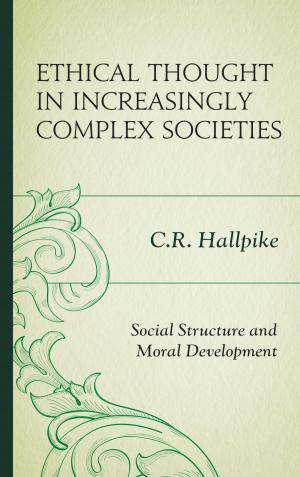Epistemic Issues in Pragmatic Perspective
Nonfiction, Religion & Spirituality, Philosophy, Epistemology| Author: | Nicholas Rescher | ISBN: | 9781498563543 |
| Publisher: | Lexington Books | Publication: | December 6, 2017 |
| Imprint: | Lexington Books | Language: | English |
| Author: | Nicholas Rescher |
| ISBN: | 9781498563543 |
| Publisher: | Lexington Books |
| Publication: | December 6, 2017 |
| Imprint: | Lexington Books |
| Language: | English |
This book presents a nonstandard approach to epistemology. Where standard epistemology generally focuses on the certain knowledge the Greeks called epistêmê, the present focus is on some less assured modes of information. Its deliberations will focus on such cognitively suboptimal processes as conjecture, guesswork, and plausible supposition. This shift of focus has implications for virtually every sector of information management, and the book’s instigations presented here will explore some of them. Throughout the rule of pragmatic considerations stand in the foreground.As the book’s deliberations set out in detail, the nature of our knowledge of reality is inherently conditioned by the fact of its beings the product of what is, at best and at most, a matter of rational guesswork. And so as regards our knowledge, we had best adopt the pragmatic optimism of expecting—and hoping—that our best is good enough.
This book presents a nonstandard approach to epistemology. Where standard epistemology generally focuses on the certain knowledge the Greeks called epistêmê, the present focus is on some less assured modes of information. Its deliberations will focus on such cognitively suboptimal processes as conjecture, guesswork, and plausible supposition. This shift of focus has implications for virtually every sector of information management, and the book’s instigations presented here will explore some of them. Throughout the rule of pragmatic considerations stand in the foreground.As the book’s deliberations set out in detail, the nature of our knowledge of reality is inherently conditioned by the fact of its beings the product of what is, at best and at most, a matter of rational guesswork. And so as regards our knowledge, we had best adopt the pragmatic optimism of expecting—and hoping—that our best is good enough.















